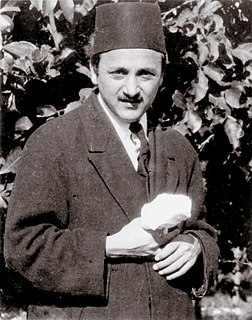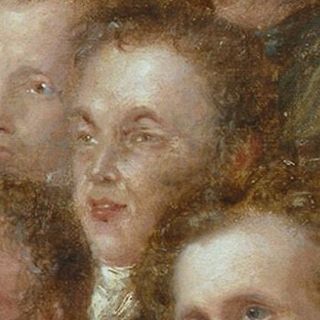A Quote by Dieter F. Uchtdorf
The more we devote ourselves to the pursuit of holiness and happiness, the less likely we will be on a path to regrets.
Related Quotes
In our concern for others, we worry less about ourselves. When we worry less about ourselves an experience of our own suffering is less intense. What does this tell us? Firstly, because our every action has a universal dimension, a potential impact on others' happiness, ethics are necessary as a means to ensure that we do not harm others. Secondly, it tells us that genuine happiness consists in those spiritual qualities of love, compassion, patience, tolerance and forgiveness and so on. For it is these which provide both for our happiness and others' happiness.
The more we grow in love and virtue and holiness, the more we see love and virtue and holiness outside. All condemnation of others really condemns ourselves. Adjust the microcosm (which is in your power to do) and the macrocosm will adjust itself for you. It is like the hydrostatic paradox, one drop of water can balance the universe.

































